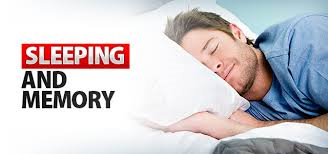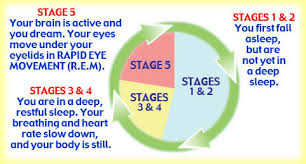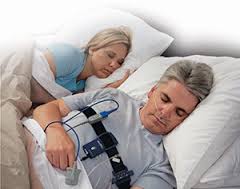 Adults who get too much or too little sleep may have the beginnings of “hardening” of the arteries, which can be an early sign of heart disease, according to a new study.
Adults who get too much or too little sleep may have the beginnings of “hardening” of the arteries, which can be an early sign of heart disease, according to a new study.
“Many people, up to one third or one fourth of the general population, suffer from inadequate sleep – either insufficient duration of sleep or poor quality of sleep,” said co-lead author Dr. Chan-Won Kim of Kangbuk Samsung Hospital of Sungkyunkwan University School of Medicine in Seoul, South Korea.
Several studies have linked inadequate sleep with an increased risk of heart attack and stroke, but other conditions like depression or obesity could influence this association, Kim told Reuters Health by email. 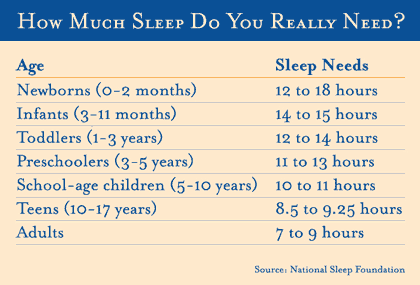
“In contrast, we studied if sleep of inadequate duration or quality would be linked to early markers of heart disease in asymptomatic healthy adults free of heart disease,” Kim said.
For the study, more than 47,000 men and women, age 42 on average, completed a sleep questionnaire and had tests to detect lesions of calcium and plaque in the artery leading to the heart, an early sign of disease, and arterial stiffness in the leg, a sign of vascular aging.
According to their questionnaires, the participants’ average sleep duration was 6.4 hours per night, and about 84 percent said their sleep quality was “good.” The researchers considered those who got five hours or less per night to be “short” sleepers, and those who got nine or more hours to be “long” sleepers.
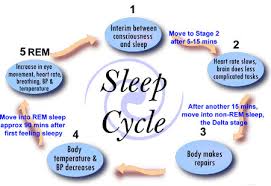 Short sleepers had 50 percent more calcium in their coronary arteries than those who slept for seven hours per night, according to the results in Arteriosclerosis, Thrombosis and Vascular Biology. Long sleepers had 70 percent more calcium than those who slept seven hours.
Short sleepers had 50 percent more calcium in their coronary arteries than those who slept for seven hours per night, according to the results in Arteriosclerosis, Thrombosis and Vascular Biology. Long sleepers had 70 percent more calcium than those who slept seven hours.
“The associations of too short or too long sleep duration and of poor sleep quality with early indicators of heart disease, such as coronary calcium and arterial stiffness, provides strong support to the increasing body of evidence that links inadequate sleep with an increased risk of heart attacks,” Kim said.
Source: Reuters
The Presidential Healthcare Center offers home sleep studies.

